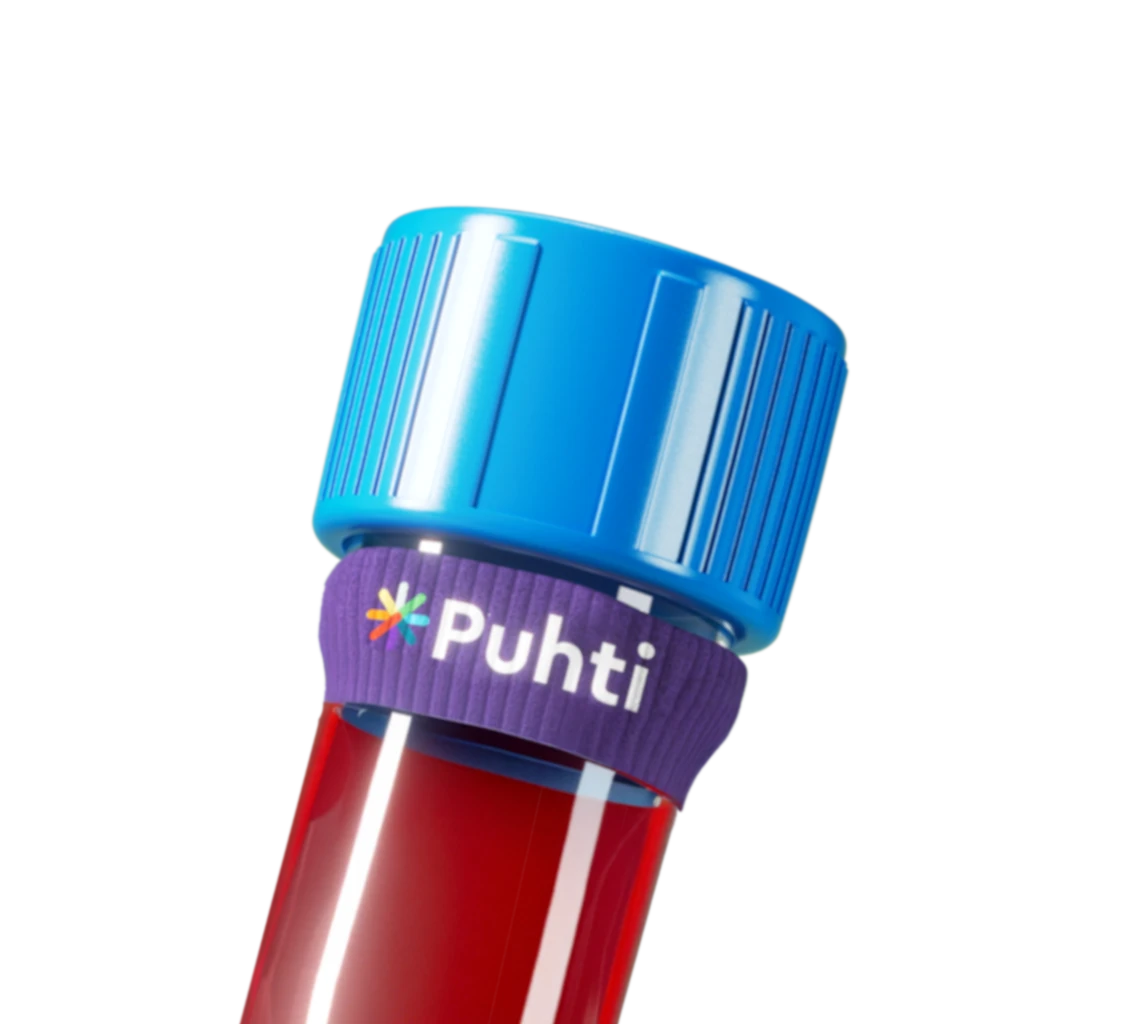
The Surprising Effects of Coffee – How Your Favorite Drink Impacts Your Body’s Metrics
The Surprising Effects of Coffee – How Your Favorite Drink Impacts Your Body’s Metrics

Coffee is one of the most consumed beverages in the world, loved especially for its taste, warming effect, and invigorating caffeine content. But what does coffee actually do in the body, and how does it affect blood values and health in the long term?
What Does Coffee Contain?
Coffee is packed with bioactive compounds that affect the body in various ways:
- Caffeine – A stimulating substance that impacts the brain, heart, and nervous system.
- Antioxidants – Such as chlorogenic acid, which may help prevent inflammation.
- Diterpenes – Fat-like substances that can raise cholesterol levels.
How Does Coffee Affect Blood Pressure?
Caffeine has a quick blood pressure-raising effect, especially in individuals who do not drink coffee regularly. However, this effect is usually short-lived, rarely lasting more than two hours, and is milder in habitual coffee drinkers due to tolerance. For most healthy individuals, coffee is not harmful to blood pressure in the long term, but those with high blood pressure should consume it in moderation.
Does Coffee Affect Cholesterol?
Coffee can influence cholesterol levels, and the key factor is how the coffee is prepared. Boiled coffee and French press coffee (including cold brew) contain more cafestol and kahweol, which can raise LDL cholesterol. Filtered coffee, on the other hand, traps these substances and does not negatively affect cholesterol levels.
Tip: If you have high blood lipid levels, it’s best to drink filtered coffee.
Coffee’s Effect on Blood Sugar
Research shows that coffee can influence insulin sensitivity:
- Acute effect: Caffeine may temporarily reduce insulin sensitivity.
- Long-term effect: Regular coffee consumption is paradoxically associated with a lower risk of type 2 diabetes.
The antioxidants in coffee are believed to have a protective effect, which, in the long term, compensates for the impact of caffeine.
Is Coffee Good for the Liver?
Coffee has been shown to have protective effects on the liver:
- Reduces the risk of elevated liver enzymes (ALAT, ASAT).
- Lowers the risk of fatty liver, even in overweight individuals.
- May have a protective effect against liver fibrosis.
Both caffeinated and decaffeinated coffee appear to have these positive effects.
Coffee and Cardiovascular Health
Regular coffee consumption in moderate amounts (2–4 cups per day) has been linked to:
- A lower risk of heart disease.
- A reduced risk of stroke.
- Longer life expectancy, according to several large studies.
However, excessive consumption (more than 6–8 cups per day) may cause heart palpitations, restlessness, and sleep disturbances, especially in sensitive individuals.
How Does Coffee Affect Iron Levels?
Coffee contains compounds that inhibit the absorption of plant-based iron. Drinking coffee immediately after a meal may reduce iron absorption by 40–60%. Therefore, if you have low iron levels, it’s advisable to wait at least one hour after eating before drinking coffee.
Do You Know Your Body’s Iron Levels?
You can easily measure your body’s iron stores with Puhti’s laboratory tests, which are available without a referral or doctor’s visit. Through Puhti, you can access tests quickly and conveniently, and the results are provided in a clear report. If needed, you can separately order a doctor’s consultation after the tests.
- Ferritin is the primary indicator of iron deficiency. Low ferritin levels may indicate iron deficiency.
- Hemoglobin reveals anemia.
- Additionally, it’s good to check the inflammation marker CRP, as inflammation can affect ferritin levels.
Explore laboratory packages and order online:
- Laboratory package Iron Deficiency Plus
- Iron Deficiency Test Package
- Puhti laboratory package
- Ferritin






